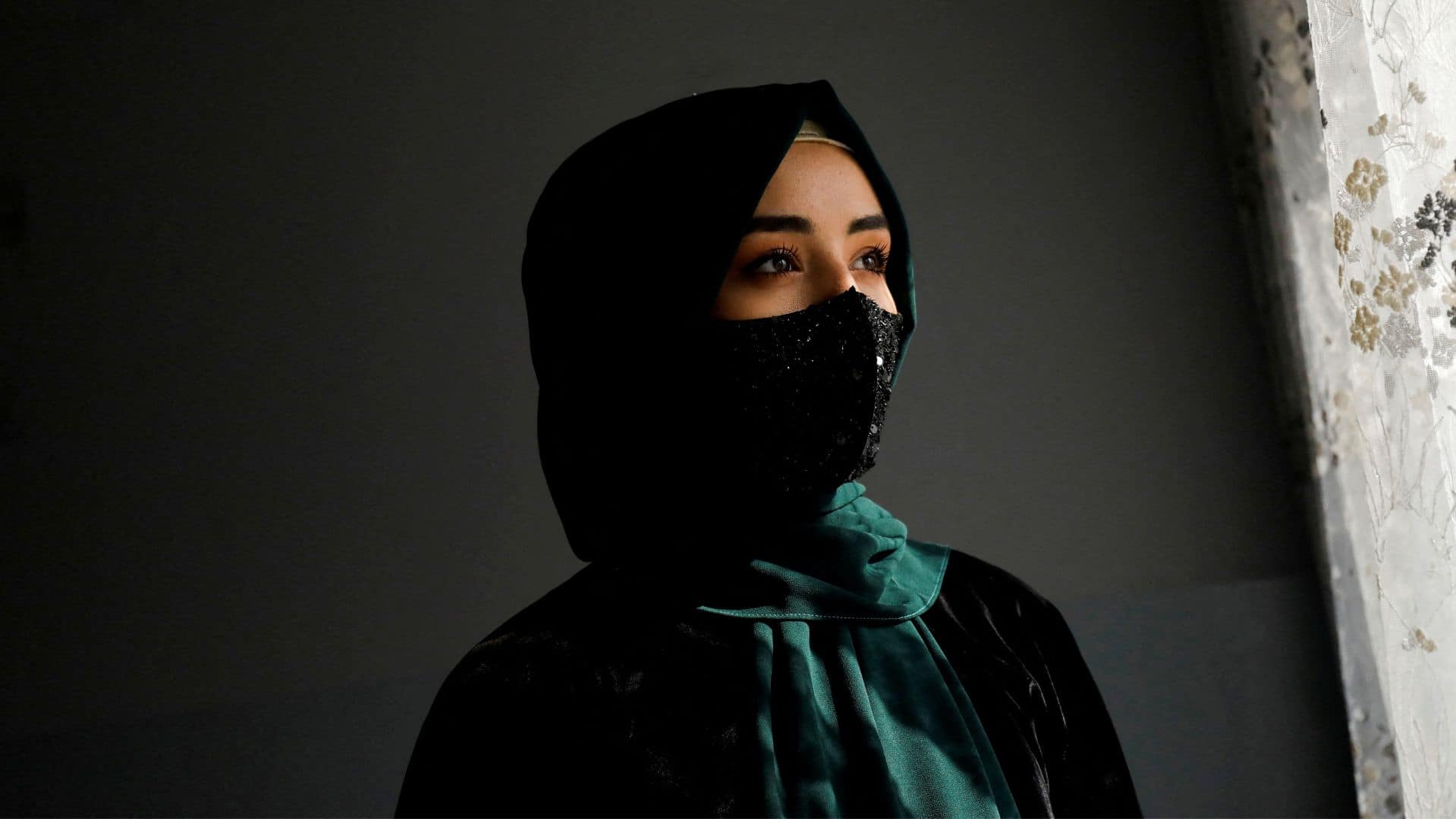The Taliban are restricting Afghan women’s access to work, travel and health care if they are unmarried or don’t have a male guardian, according to a UN report published Monday.
In one incident, officials from the Vice and Virtue Ministry advised a woman to get married if she wanted to keep her job at a health-care facility, saying it was inappropriate for an unwed woman to work, said the report from the UN Assistance Mission in Afghanistan.
The Taliban have barred women from most areas of public life and stopped girls from going to school beyond the sixth grade as part of harsh measures they imposed after taking power in 2021, despite initially promising more moderate rule.
They have also shut down beauty salons and started enforcing a dress code, arresting women who don’t comply with their interpretation of hijab, or Islamic headscarf.
Dress code, male guardian crackdown
In May 2022, the Taliban issued a decree calling for women to only show their eyes and recommending they wear the head-to-toe burqa, similar to restrictions during the Taliban’s previous rule between 1996 and 2001.
Asked for Secretary-General Antonio Guterres’ reaction to the latest bans, UN spokesperson Stephane Dujarric replied: “Horror!”
“It must be unimaginable to have to live there,” he said.
Afghan women say their hopes for the future are disappearing as the country marks two years since the Taliban took control of the country, imposing ever more strict Islamic laws and codes of conduct on the population.
In its latest quarterly report, covering October to December last year, the UN Assistance Mission in Afghanistan said the Taliban are cracking down on Afghan women who are single or are not accompanied by a male guardian, known as mahram.
There are no official laws about male guardianship in Afghanistan, but the Taliban have said women cannot move around or travel a certain distance without being accompanied by a man who is related to her by blood or marriage.
Three female health-care workers were detained last October because they were going to work without a mahram.
They were released after their families signed a written guarantee that they would not repeat the act, the report said. In Paktia province, the Vice and Virtue Ministry has, since December, stopped women without mahrams from accessing health facilities that it visits to ensure compliance.
The ministry, which serves as the Taliban’s morality police, is also enforcing hijab and mahram requirements when women visit public places, offices and education institutes through checkpoints and inspections.
Taliban says UN is criticizing Islamic law
In December, in Kandahar province, ministry officials visited a bus terminal to ensure women were not travelling long distances without mahrams and instructed bus drivers not to permit women to board without one, the UN said.
Women have also been arrested for buying contraceptives, which the Taliban have not officially banned.
The Taliban’s chief spokesperson, Zabihullah Mujahid, said the UN report was based mostly on misunderstandings and accused the mission of ignoring or criticizing Islamic law, or Shariah.
With an Islamic government in power in Afghanistan, it must “fully implement all aspects of Shariah for both men and women,” Mujahid said in a statement.
This means enforcing rules for the hijab, male guardianship and gender segregation for women in education and employment, he said.
“If UNAMA criticizes these cases or considers explicit Islamic rulings as an act against human rights, then it is an insult to the beliefs of a people,” he said.
Nothing is Foreign28:19Inside a secret school for girls in Afghanistan
Since the Taliban seized power in Afghanistan in August 2021, there has been a crackdown on the rights and freedoms of women in the country. Despite initially promising that a woman’s right to study and work would be preserved, the Taliban has enacted policies that virtually ban women from public life. Girls are not allowed to continue their education beyond Grade 6. Afghan women have pushed back on the restrictions, and this week on Nothing is Foreign, we hear one woman’s story of resistance. Sahar, whose last name we are not disclosing for her safety, teaches at a secret school for girls in Grades 7-12 in Kabul. Featuring: Obaidullah Baheer, lecturer at American University of Afghanistan. To find transcripts for Nothing is Foreign, please click here: https://www.cbc.ca/radio/podcastnews/nothing-is-foreign-transcripts-listen-1.6732059
